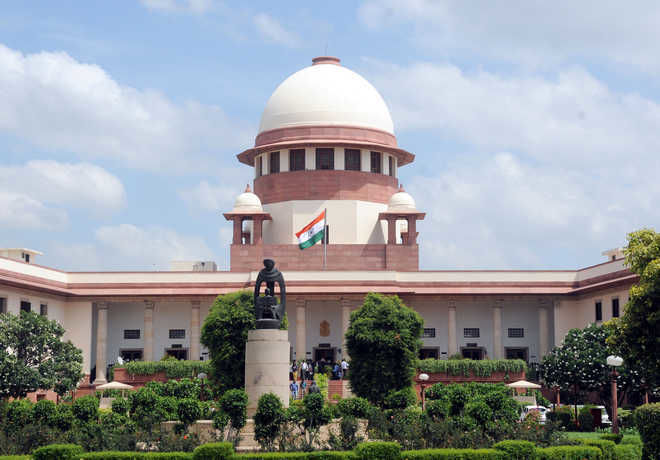IN a landmark decision, the Supreme Court has granted bail to a person who was booked under the Unlawful Activities Prevention Act (UAPA), 1967, and was languishing in jail for nine years due to the slow pace of the wheels of justice. The ruling reiterates the judicial principle that “bail, not jail, is the basic rule”. It comes as a relief in a legal landscape where the reluctance to grant bail has led to prolonged incarceration and significant human rights concerns. The higher judiciary has been grappling with an overwhelming number of bail applications, highlighting a troubling trend of reluctance at lower judicial levels to grant bail. Prolonged detention often infringes on the personal liberties of the accused, even as their trials progress at a snail’s pace.
Several recent cases exemplify the shift towards upholding personal liberty through the granting of bail in stringent cases. In 2021, the Delhi High Court granted bail to student activists Natasha Narwal, Devangana Kalita and Asif Iqbal Tanha, all accused under UAPA in connection with the 2020 Delhi riots. The court criticised the misuse of anti-terror laws to stifle dissent.
The SC decision clarifies that no statute, including UAPA, inherently precludes the granting of bail. This distinction is crucial as it reinforces that legal principles must not be overshadowed by rigid interpretations that compromise individual freedoms. The matter of bail should not be complicated or politically charged. It is a straightforward judicial procedure intended to balance the rights of the accused with the interests of justice. However, the continued denial of bail has disproportionately affected ordinary citizens, especially the poor, who languish in jail awaiting trial. This decision marks a step towards rectifying the imbalance and ensuring that justice is not only done but seen to have been done.









